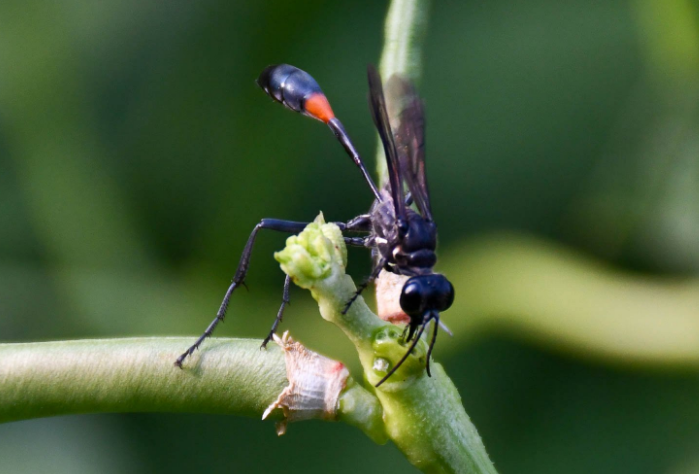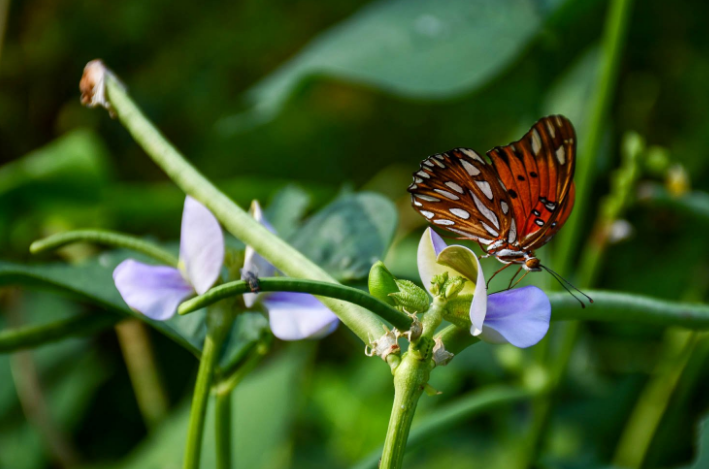We all love to see our gardens full of flowers blooming in the spring, shouldn’t we be sowing seeds in the winter? Sowing seeds may be easy, or look easy, but then it is difficult. Shortcuts rarely pay off unless people know the pros and cons. There are many novel ways to do this circulating on social media and here are some tips to keep in mind for keeping flowers.

Winter sowing is a traditional flower-raising practice in which hardy perennials, woodland plants, alpine plants, trees and shrubs, and some frost-resistant annuals are sown in the autumn or winter and left outdoors for the winter before germinating. Typically, it is only used for those species that require this treatment, but some recent social media posts are promoting a method of using milk jugs and sowing seeds into the snow. This method works for some seeds, but not all, as most seeds don’t need to be exposed as much as these alpine plants.
I’ve been gardening since I was a kid and I’m always trying to improve my skills and knowledge. You might think that I have mastered all the tips and tricks of the trade, but the truth is that things are never that simple. What I have learnt is that research, patience and knowledge go a long way towards seed starting success.
Many of us started our gardening lives by planting seeds, and I do believe this is one of the best ways to inspire new gardeners to learn about the wonders of gardening, especially for children. That’s why we should focus on the different kinds of plants that are sown in different seasons!
Hardy annuals are usually annuals that prefer cool summer temperatures and can tolerate light frosts. These include many of the loveliest annuals such as poppies, California wildflowers and delphiniums. Even half-hardy annuals usually prefer cooler summer weather, but these terms can be misleading when it comes to germination because they occur in England, where winters are milder than in most of the United States.



